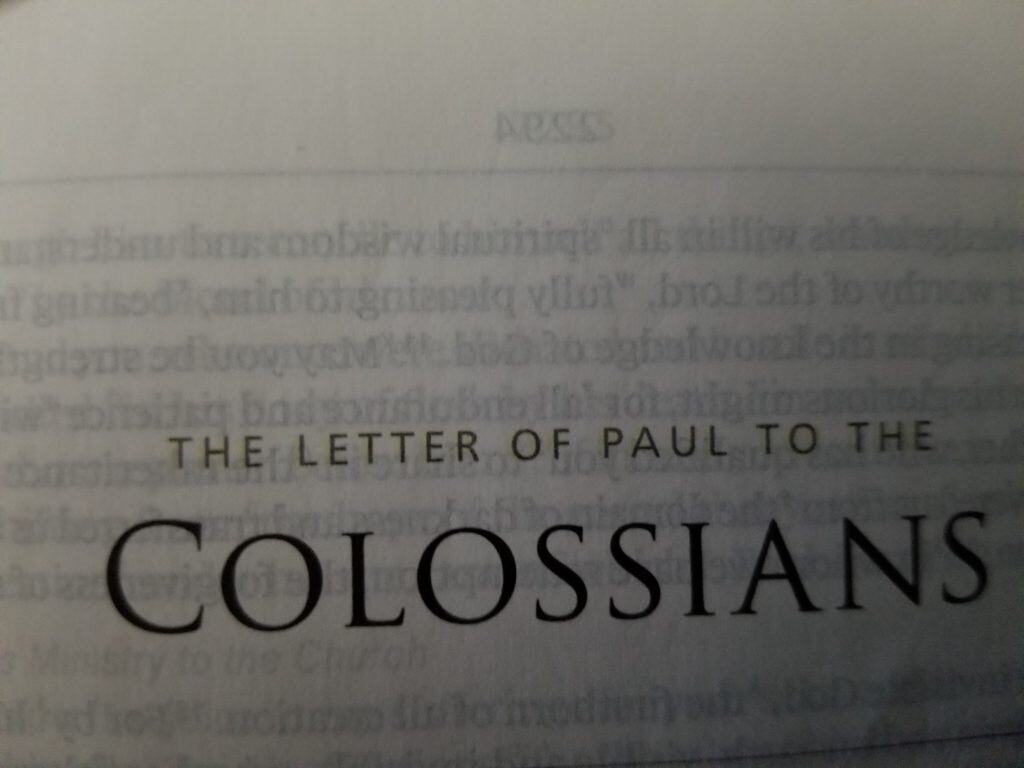⏱️ Estimated Reading Time: 5 min read
On the second Sunday of each month the saints of CrossLife Church, where I serve as Pastoral Assistant, partake in the Lord’s Supper together. Coming to the table and taking communion is no trivial routine. In fact, Paul, in great detail, reminds the church at Corinth of the significance of this meal. In 1 Corinthians 11:17-33 he gives clear instructions for the meal, as well as clear reasons for the importance of participating in this supper together. He recalls Jesus’ own teaching from Luke 22, in which Jesus explains of the bread, “This is my body, which is for you,” and of his blood, “This cup is the new covenant in my blood.” Of both aspects of the Supper, Jesus says, “Do this in remembrance of me.” Paul then writes in 2 Corinthians, “For as often as you eat this bread and drink the cup, you proclaim the Lord’s death until He comes.” He goes on to call them, and by extension, us, to examine ourselves and not partake in an unworthy manner. Taking the Lord’s Supper is a significant part of what constitutes and takes place in a local church.
Each time I prepare to come to the table for communion, I spend time looking at two passages of Scripture. One of those passages is Colossians 1:21-23. Paul writes, “And you, who once were alienated and hostile in mind, doing evil deeds, he has now reconciled in his body of flesh by his death, in order to present you holy and blameless and above reproach before him, if indeed you continue in the faith, stable and steadfast, not shifting from the hope of the gospel that you heard, which has been proclaimed in all creation under heaven, and of which I, Paul, became a minister.
This passage of Scripture is a reminder of what we once were apart from God’s saving grace through the person and work of Christ. It helps me remember my profound unworthiness to approach the table and partake in the Lord’s Supper. It’s ironic yet helpful to remember that to take the Lord’s Supper in a worthy manner is actually to realize our utter unworthiness and that apart from Christ reconciling us to God “in his body of flesh by his death,” we would still be “alienated, hostile in mind, and doing evil deeds.”
For us to feel the weight of this passage, we need to remember who this he is that has now reconciled us. Just before Colossians 1:21-23, Paul wrote in verses 15-20 about the preeminence of Christ. This he that Paul tells us has reconciled us is Jesus Christ, who is: the image of the invisible God, the firstborn of all creation, the one by whom, through whom, and for whom all things were created, the one who was before all things and in whom all things hold together, the head of the body, the church, the one who is the beginning, the firstborn from the dead, the preeminent One, in whom the fullness of God was pleased to dwell, the one who reconciles all things to Himself, and makes peace by the blood of his cross. This is Jesus Christ! He is the one who, even though we were once alienated, hostile, and evil, has reconciled us to Himself by his death! What matchless grace! It should amaze us that Christ would willingly lay down His life and take on the punishment for the sin of us who were not only alienated but who loved our sin and our evil deeds. Our Lord Jesus has graciously reconciled us though we have never done anything to merit a single second of His love!
Paul also tells us that Christ has saved us for a reason. He writes that Christ has done this “in order to present you holy and blameless and above reproach before him,” (v. 22). In other words, Christ has saved us for holiness. He saves us that we might be holy and blameless, that we might live righteous lives. Christ himself is our righteousness. We are credited with his righteousness by grace through faith in Him (Romans 3:21-25). Works do not save us, but we are saved to them. Paul wrote in Ephesians, “we are his workmanship, created in Christ Jesus for good works, which God prepared beforehand, that we should walk in them (Ephesians 2:10). So, two things must be evident to the Christian. First, Christ is our righteousness. By grace, through faith, we have been justified, credited with the very righteousness of Christ! We will all stand before the judgment seat of God (Romans 14:10), and Christ will be the One who upholds us and presents us blameless and holy on that day (Romans 14:4, Colossians 1:22).
Second, this does not mean we can just continue on sinning and be fine. When we truly understand the depth of God’s saving grace and love towards us in Christ and the depth of Christ’s love that led him to willingly endure the cross for our good and the Father’s glory, we will want to pursue what makes for a holy life. We will then realize that we have been predestined to be conformed to the image of Christ and that we, by the power of the indwelling Holy Spirit, are to live our lives in a way that honors, pleases, and glorifies the Lord.
In light of the glorious gospel of Jesus Christ, may we continue in the faith, stable and steadfast. May we not shift from this great hope that we have in Him who loved us even while we were yet sinners. May we meditate on the truth that we who were once alienated and enemies of God can now come to His table and partake in the Lord’s Supper as his children because of the person and work of Christ. And may we remember that ultimately, as we cling to Him, it is Christ who holds and sustains us (Jude 24, Philippians 1:6).




